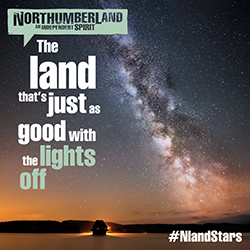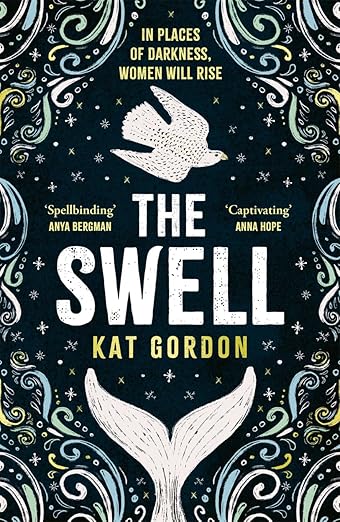The Making of a Poem in Australia
The Making of a Poem in Australia
Rosanna McGlone is back on The BookTrail to talk about Australian poets and why Australia breeds such good ones!
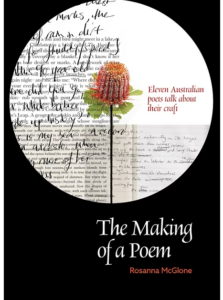
The Making of a Poem
Imagine finding a picture of your great, great grandmother in an anthropological record with the stark caption ‘Aboriginal female.’ This is exactly what happened to Australian poet and artist Judith Nangala Crispin who spent many years visiting the Australian outback from her home in Canberra in search of her ancestors. During this time, Judith experienced amazing kindness from the Warlpiri people in the Tanami desert who taught her traditional skills.
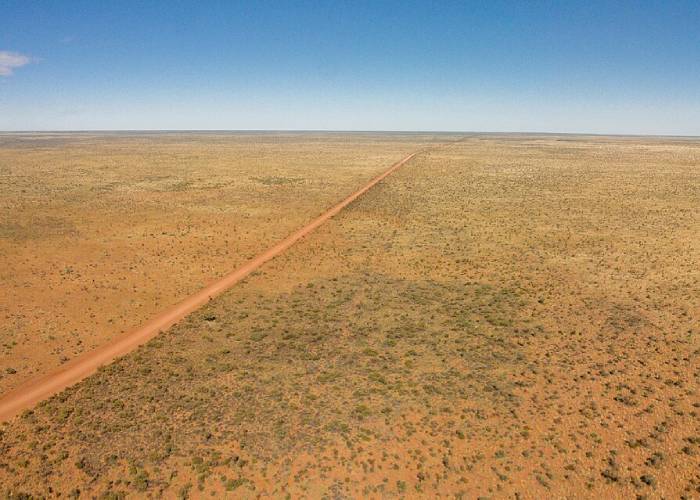
Tanami Desert (c) Wikipedia
The Making of a Poem
Ultimately, she found her Ancestor’s tribe to be the Bpangerang people of North-Eastern Victoria and the NSW Riverina. Nangala Crispin’s poem, On Finding Charlotte in the Anthropological Record, provides a highly evocative picture of her relative and of her First Nation’s culture, beginning, “We meet on the surface of a photograph, as a fish and bird might meet in a lake, at a point of sky and the water’s plane.” The poem continues, “A needlework of scars crosses her chest, repeated dots, like patterns on a goanna’s back, like rain spat by goannas into dirt.”
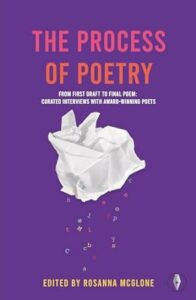
Process of Poetry
The Making of a Poem is the Australian sequel to my Amazon best seller, The Process of Poetry where I spoke to leading UK poets about the journey of a single poem from an early draft to its final iteration. In addition to charting the journey of a poem, the book indirectly offers a literary and cultural tour of Australia from bushland a few hours drive from Perth in the far West of the country, to Yepoon at the start of the Barrier Reef on the East.
The Making of a Poem
The Australian poets whom I interviewed were keen to both celebrate, and protect, their native wildlife and their natural environment, including, in the case of Moreton Bay based poet Anthony Lawrence, the smuggling of native creatures, for example long tailed quolls. Lawrence’s poetry is filled with native Australian wildlife whether that be kingfishers, lizards or cicadas which provide the chattering backdrop to the heat hazed Australian landscape.
The Making of a Poem
Bribie Island
Still in this region, in the first draft of his poem Ladybugs (the Australian word for Ladybirds), Jaya Savige, poet and editor of The Australian’s poetry section, recalls idyllic family holidays at Bribie Island, the smallest of three major sand islands on the northern part of Moreton Bay. In the final version of his poem, Savige touches fondly on his experiences of catching razor clams with his aunts at Yepoon in the heart of the Capricorn Coast, close to the Southern edge of The Great Barrier Reef.
The Making of a Poem
Gold Coast
Over seven hours south along the Gold Coast Brisbane based poet, Gavin Yuan Gao focuses on the environment, specifically the hundreds of bushfires which swept through Queensland, devastating the earth but lead to “Soft-bellied sun/nuzzles lush summer sleeves of the resurrected/ oak” in the fittingly entitled poem, The Resurrection. Gao’s poem takes the form of an abecedarian, a fascinating form where each lines begins with the next letter of the alphabet. Who know, you could spend that seven hour trip penning your own?
The Making of a Poem
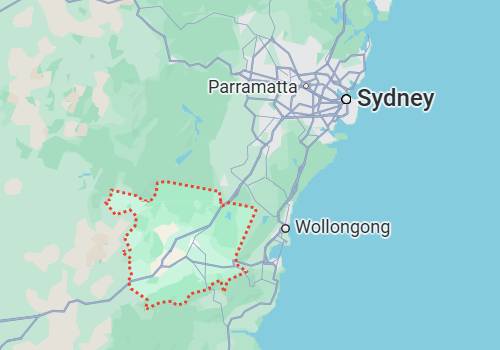
Wingecarribee (c) Google
Montreal International Poetry Prize winner, Mark Tredinnick’s poem, Late Winter light, One Sunday was written at his home in the Wingecarribee, south-west of Sydney, literally as the winter light streamed through his window. This region, known as The Southern Highlands has gorgeous scenery and cute towns such as Berrima and the sandstone houses of the Scottish flavoured Bundanoon, literally, ‘place of deep gullies’ in its First Nations origins. Also well worth a visit is Fitzroy Falls in nearby Moreton National Park.
The Making of a Poem
Tredinnick’s evocative poem speaks of, ‘The four o’clock air a high-country creek among tussock grasses.’ A moving reflection on mortality, this poem settles within its native landscape.
Blowhole at Kiama
In a different day trip from Sydney, Judith Beveridge’s poem heads to the Blowhole at Kiama, a popular seaside town, around one and a half hours drive from Sydney known for its volcanic rock formations and its coastal paths. It is by the side of the blowhole that people gather, awaiting its next eruption. Beveridge’s poem imagines that anticipation and likens the spray going through the blowhole to ‘a diamond-studded up-ended/ wedding dress’, a beautiful image which she extends with ‘an unravelling bolt/ of lightly woven shimmer.’
The Making of a Poem
At the opposite side of the country, poet and Churchill College Cambridge fellow, John Kinsella, was sitting at a park near Perth, Western Australia, waiting for his son to finish a class at the Alliance française when he heard a barking noise. There’s nothing unusual in that, however what was peculiar was that the noise was coming from high above him. A keen photographer, Kinsella captured a photograph of the owl, literally called a Barking Owl, another example of Australian wildlife to appear within the book. However, Kinsella’s poem stretches beyond the mere description of the owl as ‘ink-wash foliage’ and its identification to a philosophical conjecturing about being in a place.
Wouldn’t we all like to join Kinsella in that conjecturing and step into some of the places within The Making of a Poem?
The Making of a Poem is available from 5 Islands Press in Australia, or directly from the author if you are based in the UK.
BookTrail Boarding Pass: The Making of a Poem
Twitter: @RosannaMcGlone



